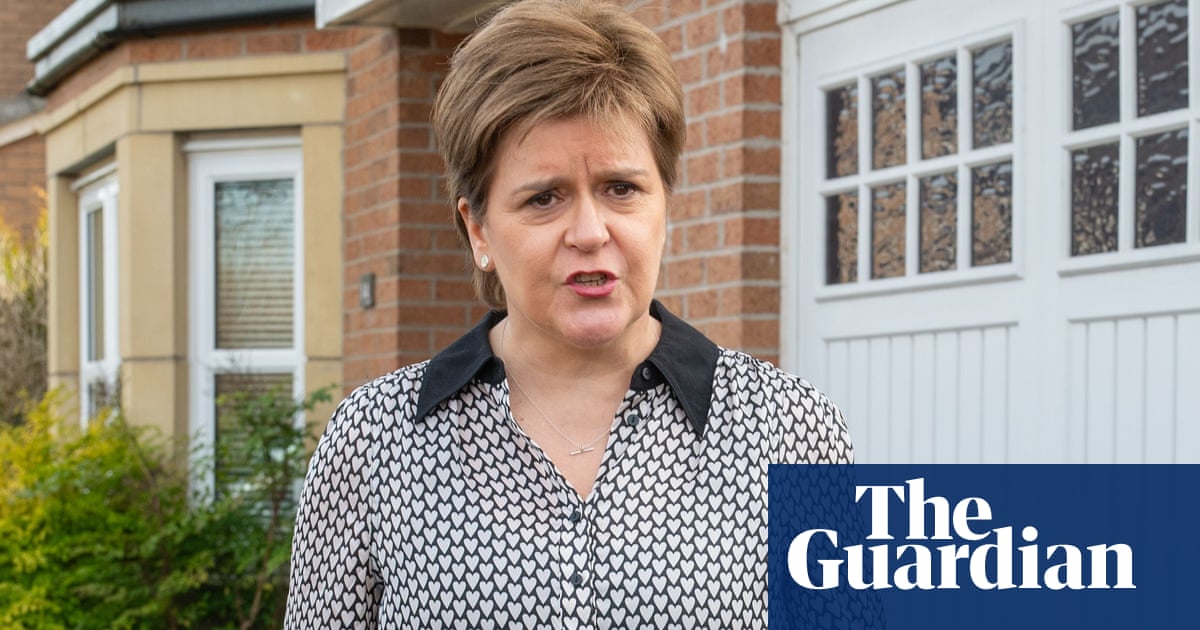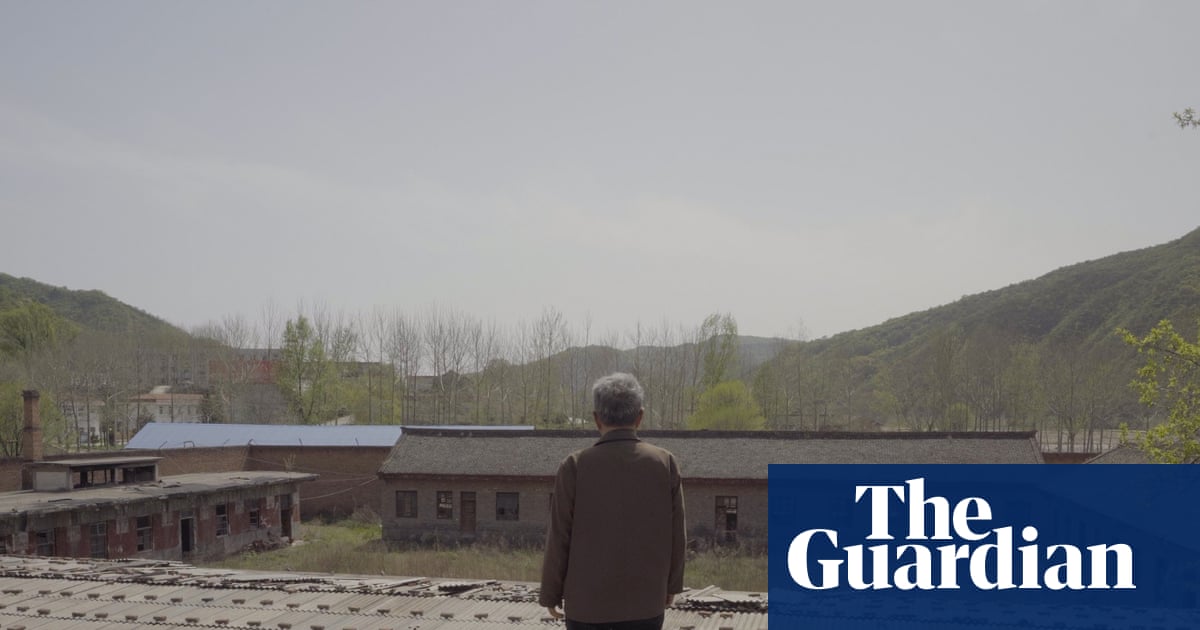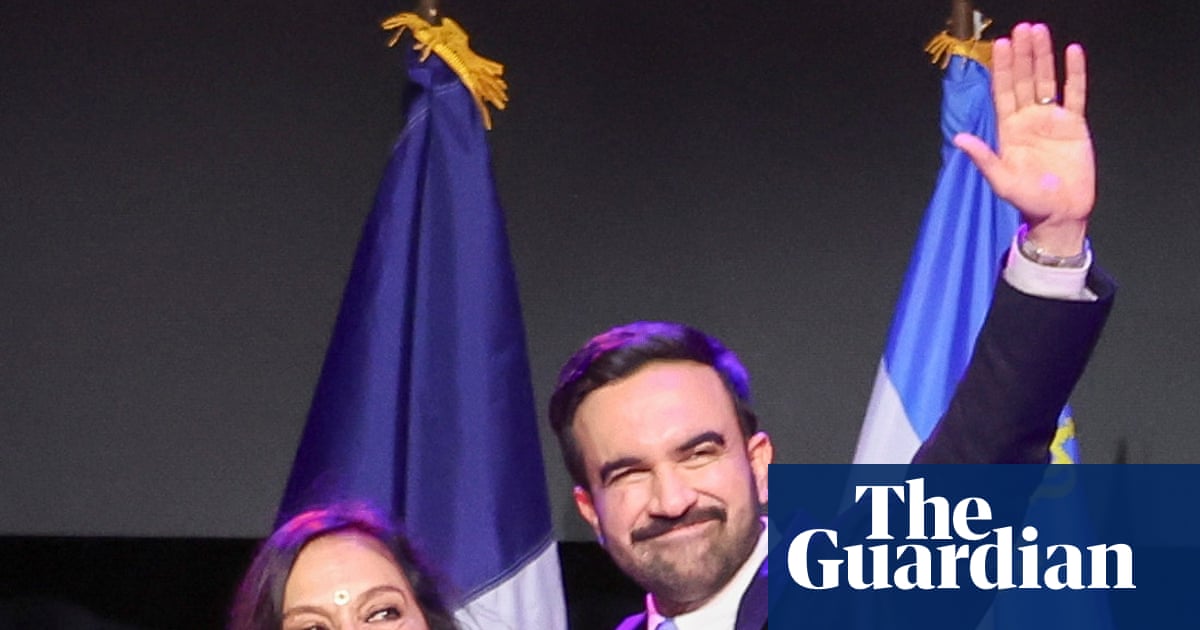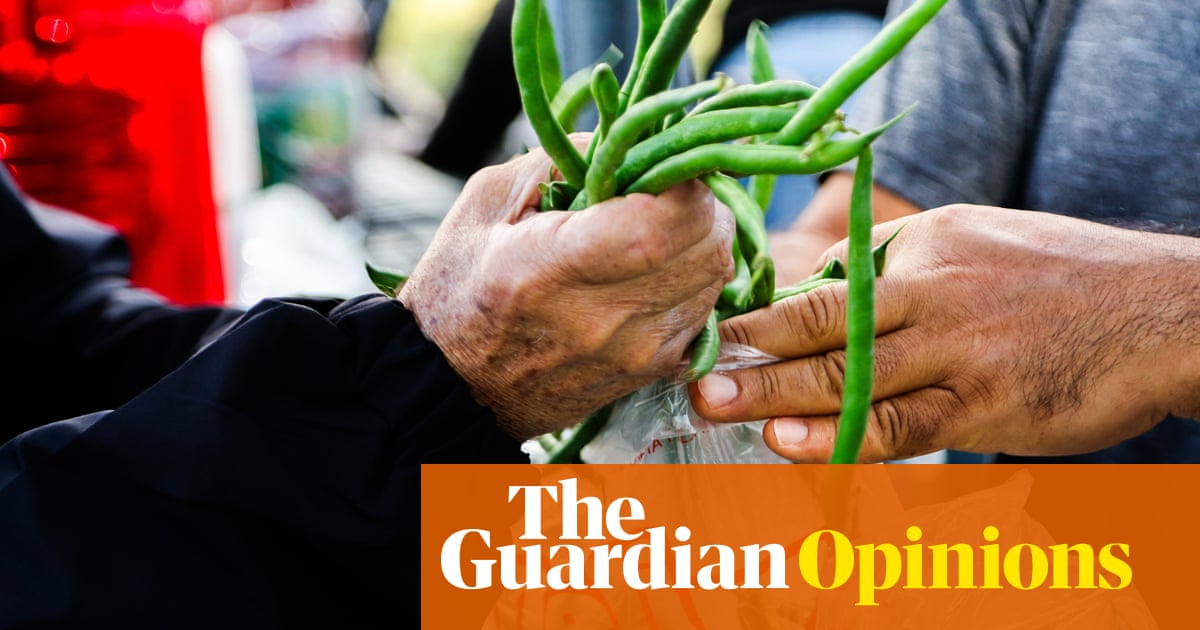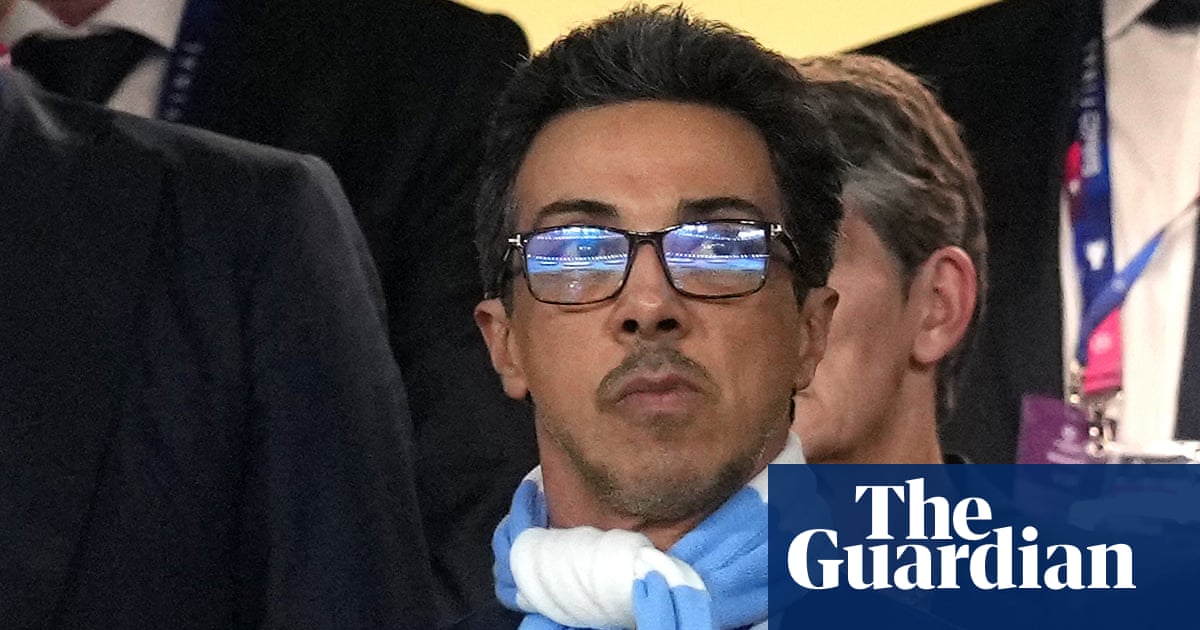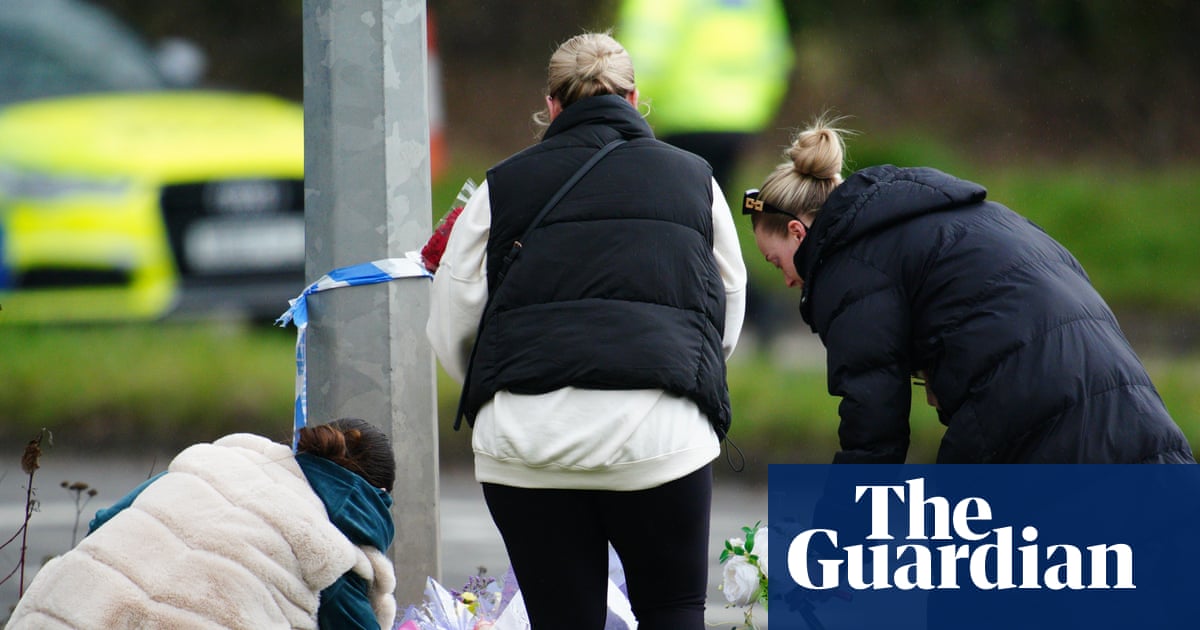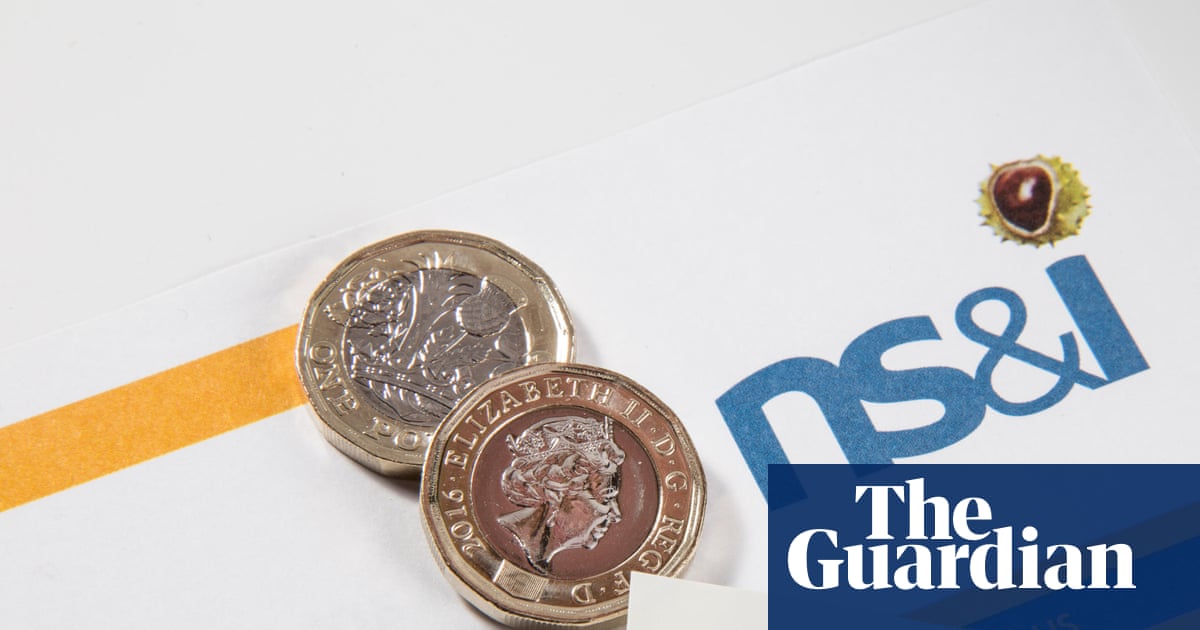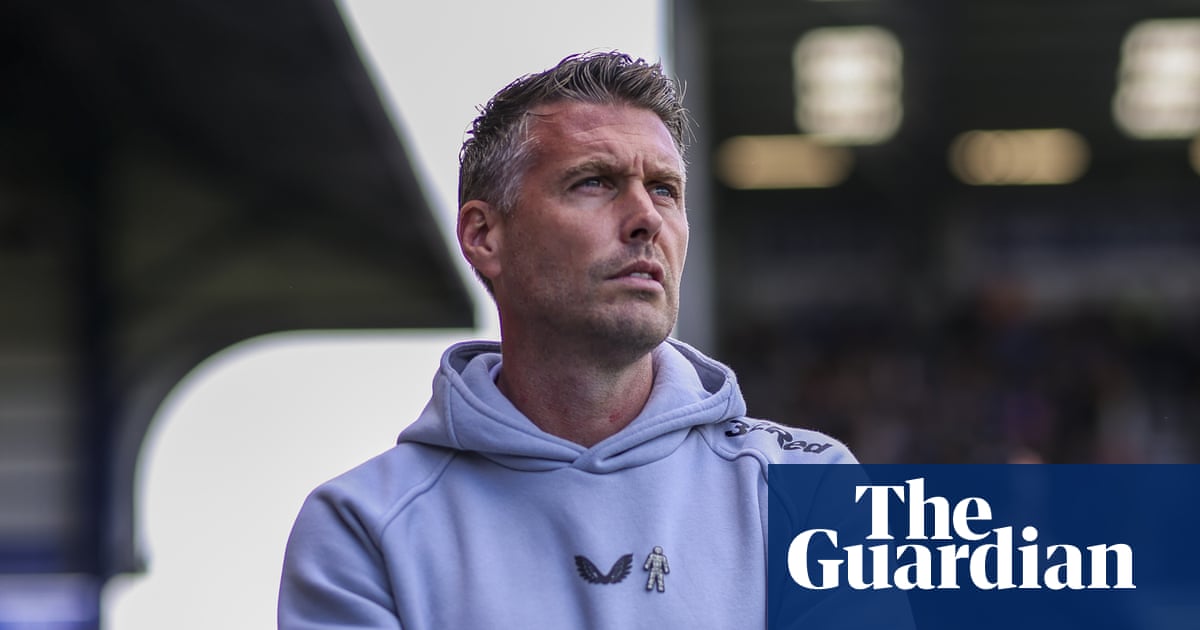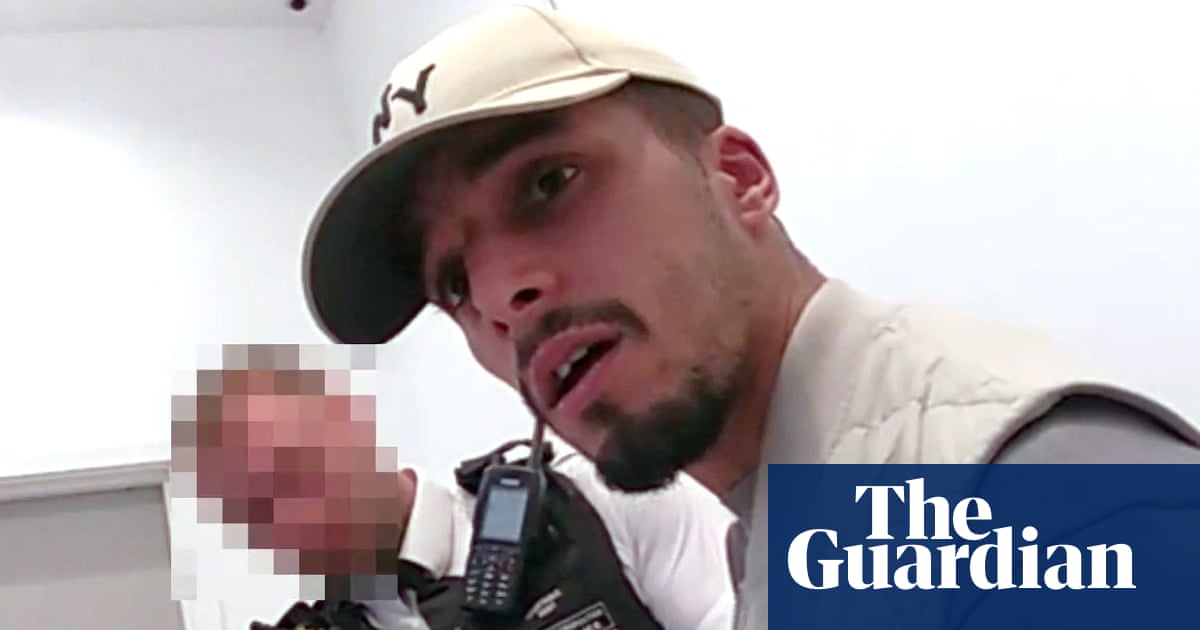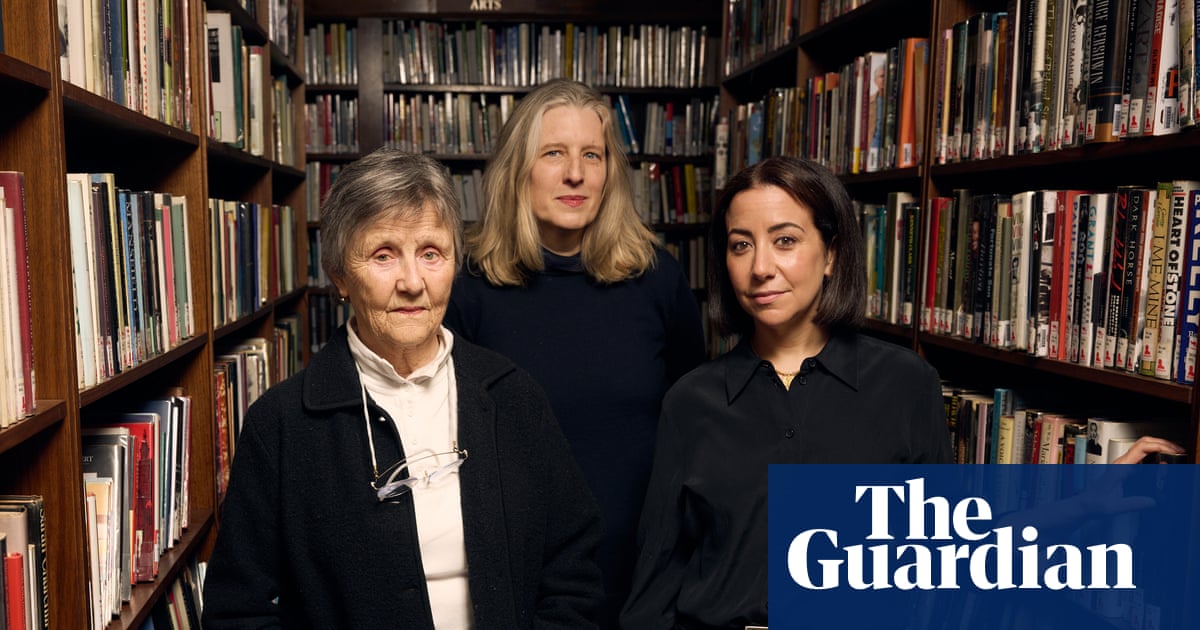Families and lawyers of prominent British prisoners detained abroad have called for the government to deliver on promises to help secure their release and appoint a special envoy.
Last week, David Lammy, the foreign secretary, said he hoped to appoint a special envoy for British nationals arbitrarily detained overseas by the end of the year, after vowing to do so in November 2024 and as part of a Labour manifesto pledge.
But families have criticised a lack of government action to secure the release of British nationals while they wait for an envoy to be appointed and raised concerns that some cases could be left out of their purview.
Heather Cornelius, the wife of Ryan Cornelius, a property developer arrested in Dubai 17 years ago, said: “I have always tried to keep faith in the British government, but they have given us no reason to.”
As an Irish passport holder, Cornelius took her husband’s case to Dublin where they received support they had not seen from the UK government, despite 40 cross-party MPs calling for sanctions on those holding him and the UN calling for his immediate release.
Last week, the European Parliament voted overwhelmingly in favour of calling on the UAE to release him and on the UK to take necessary action.
“It’s incredible what they’ve achieved in two months,” said Cornelius. “I’m just blown away and Ryan cannot believe what has happened, it’s just given him so much hope.”
Every year, the foreign office deals with 28,000 cases where an individual requires consular assistance, however it does not disclose the number of arbitrarily detained Britons – such as Alaa Abd el-Fattah, Jimmy Lai, Mehran Raoof, Jagtar Singh Johal.
On Wednesday, the UK prime minister Keir Starmer said they are working “at pace” to set up the special envoy role – which would be loosely modelled on the US role of presidential envoy for hostage affairs – in response to a question from Tim Roca, the vice chair of the all-party parliamentary group (APPG) for arbitrary detention and hostage affairs.
“We do routinely raise these cases with international counterparts,” Starmer said. “We’re deeply committed to getting them home and united with their loved ones.”
Alicia Kearns MP, who set up the all-party parliamentary group, said little progress has been made at effective reform. She called on the government to learn from past failings and consult former detainees, as well as the families of those currently detained.
“While the government commitment to appoint a special envoy to lead on the issue is welcome, this risks being meaningless and only an extension of inconsistent policy which plays into the hands of regimes deploying a hostage diplomacy tactic, unless the individual appointed is of significant stature, with the experience, remit and resources to negotiate for British citizens’ release and support families,” said Kearns.
As well as continued calls for the envoy appointment and on the government to prioritise cases, relatives and lawyers of some of those arbitrarily detained abroad have told the Guardian of the difficulties they have faced in getting help.
Haydee Dijkstal, counsel for Ahmed al-Doush, a British national convicted in Saudi Arabia and sentenced to 10 years in jail over social media posts – now reduced to 8 – said the family continues to plead for the government to act with urgency.
“It is critical that the UK government demand full clarity and transparency about the treatment and proceedings against a British national, and take a firm and clear position that Ahmed is being arbitrarily detained,” said Dijkstal.Relatives and representatives involved with high-profile cases who met Middle East minister Hamish Falconer in recent weeks to discuss the special envoy appointment, described the meeting as “awful” as concerns were raised over promises made by the foreign secretary they feared would not be met.
“I saw no evidence that any thought had been given to design,” said Chris Pagett, the brother-in-law of Ryan Cornelius and a former civil servant, who attended the meeting. “I have very little hope, unless a lot changes.”
Kingsley Kanu, the brother of Nnamdi Kanu, a British national being held in Nigeria after falling victim to extraordinary rendition, has had no communication with the UK government, and said his brother, who is currently on trial, has not had a consular visit in two months.
“I was thinking the government of Keir Starmer would have done better,” said Kanu. “All of them have ignored the issue of my brother.”
In May, his brother, the leader of the Indigenous People of Biafra (Ipob), a prominent separatist movement proscribed in Nigeria, wrote to the British high commissioner to Nigeria asking for his case to be publicly acknowledged as unlawful.
The letter said: “Silence and procedure equivocation in the face of criminal acts carried out against a British citizen abroad do not represent diplomatic prudence; they represent dereliction of duty.”

 3 months ago
88
3 months ago
88

